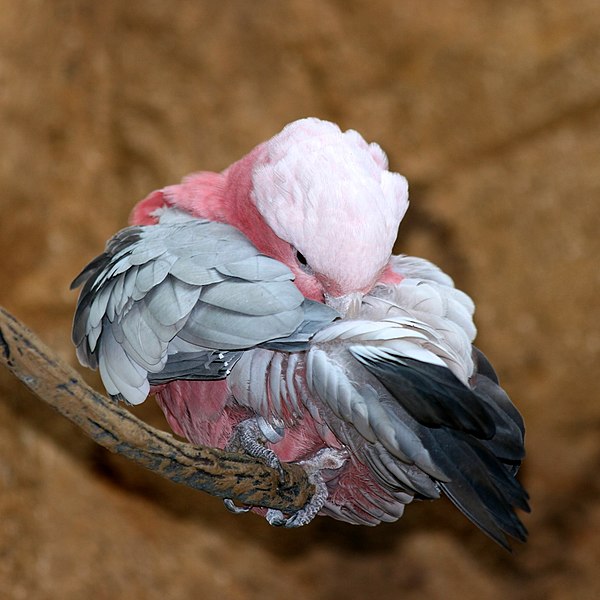Diarrhea
You can tell your parrot has diarrhea by seeing that the fecal part of the stool is not formed. This can have multiple causes, such as too much fruit in the diet or a parasite. It’s best to seek an avian specialist’s opinion and sometimes reduce your parrot’s fruit intake.
Feather Plucking & Mutilation.
Most parrots pluck due to extreme boredom, an unhealthy diet, or some other related illness. Many parrots pluck because they never bathe and it causes “preening” where they literally end up chewing the feather to bits in an attempt to get them clean. A parrot on an improper diet can lead to malnourishment and cause plucking and mutilation as well.

Boredom is the number one factor most parrots pluck. This can be helped by rotating and changing toys in the cage regularly, giving extra attention through social interaction and training, as well as improving diet or the amount of space and location your bird is in.
It’s also important to seek an avian specialist’s advice if the plucking is not related to something physical as listed above. Some parrots begin after the significant loss of something – such as a mate.
Proventricular Dilatation Disease
This disease occurs when the bird is passing undigested foods, showing signs of depression, and/or is losing weight abruptly. It is necessary to consult with an avian specialist if your bird is showing these signs of illness.
Obesity
Obesity is caused by poor feeding, an unhealthy diet, and/or a lack of proper exercise.
It’s important to regulate high-fatty foods in the bird’s diet and make sure all foods being fed are organically grown, including the pellet mix. It may be a positive idea to introduce flight training into your bird’s learning and training schedule to ensure the exercise is obtained every day – or that a flight aviary is implemented in the bird’s environment.
Psittacine Beak and Feather Disease Virus
Signs leading to this virus are abnormal feather coloration, the loss of feathers, and other beak deformities. It’s important to be able to tell the symptoms apart from molting and know your bird’s molting cycles to avoid confusion.
An avian specialist is required to properly treat this virus in parrots.
- Red Flags from Your Rose-Breasted Cockatoo
- Beak swelling
- Chewed, plucked, or soiled feathers/plumage
- A cockatoo who sits on the floor of the cage/habitat (often it will appear fluffy)
- Wheezing, coughing, or other indications of trouble breathing
- Runny or discolored stools (aside from diarrhea from fruit or a different color from diet)
- Eye or nasal discharge (runny nose or eyes)
- Red or swollen eyes
- Loss of appetite; a bird who refuses to eat or shows no interest
- Favoring one limb over the other
- If you notice any of the above “red flags”, consult your avian specialist immediately.
